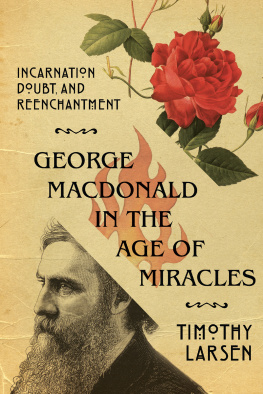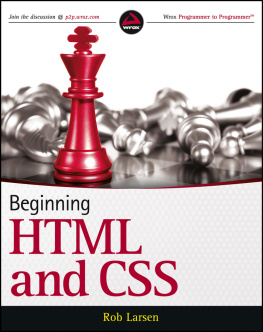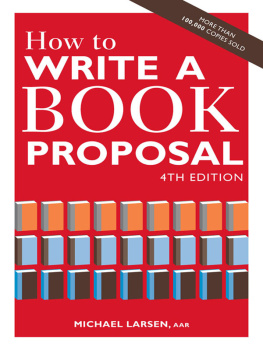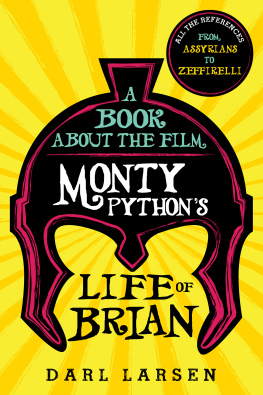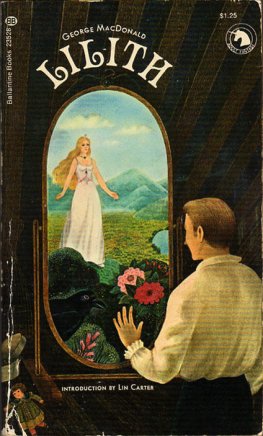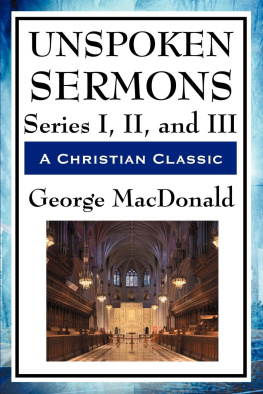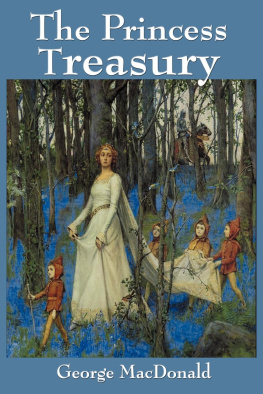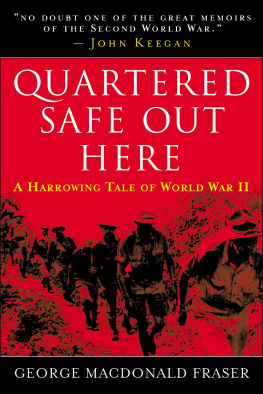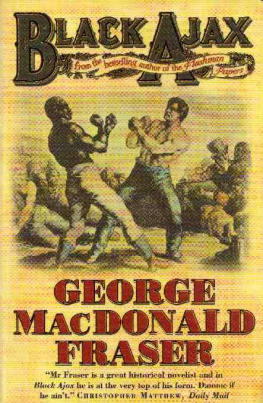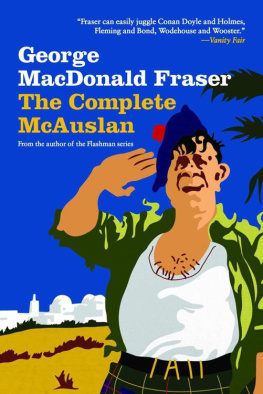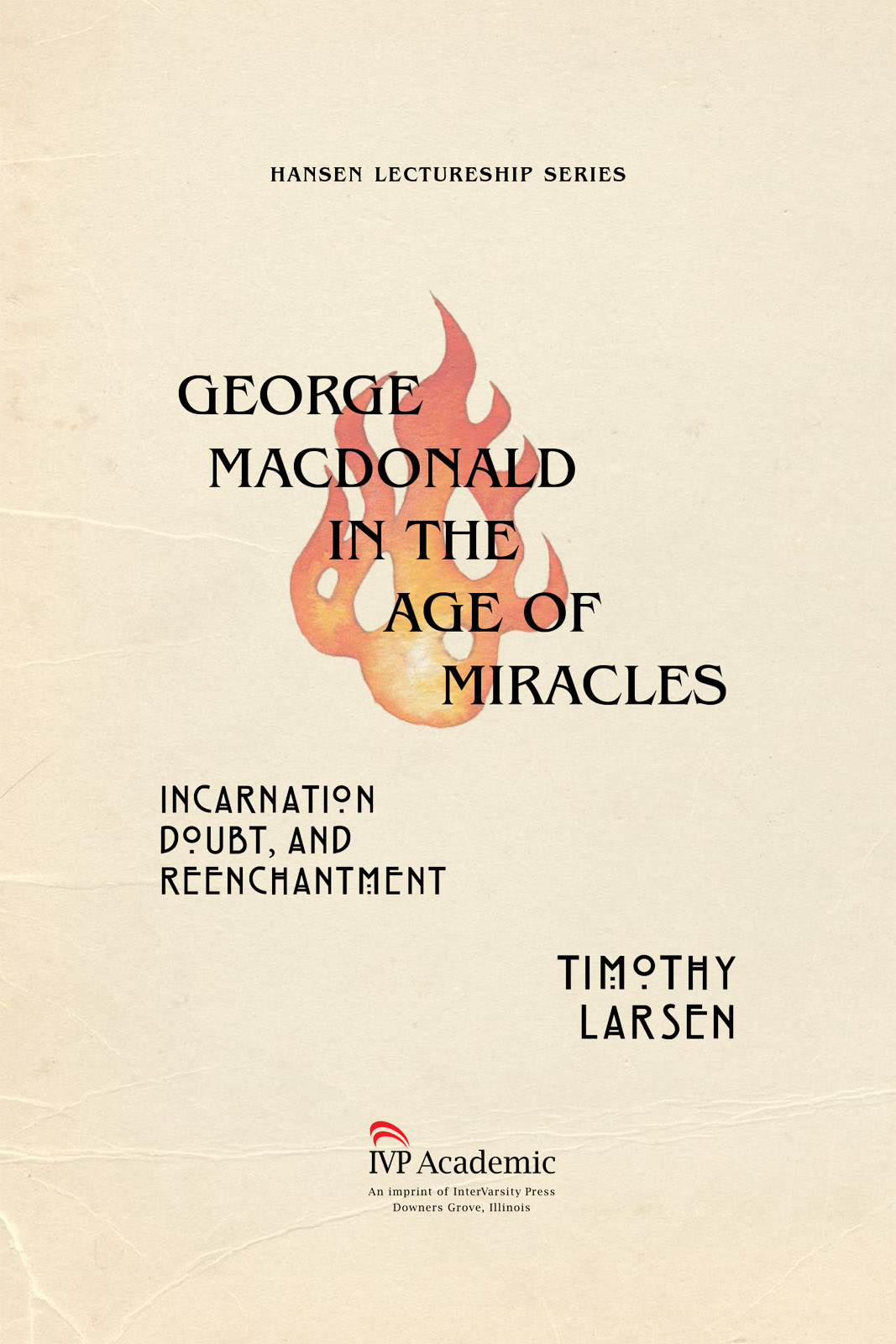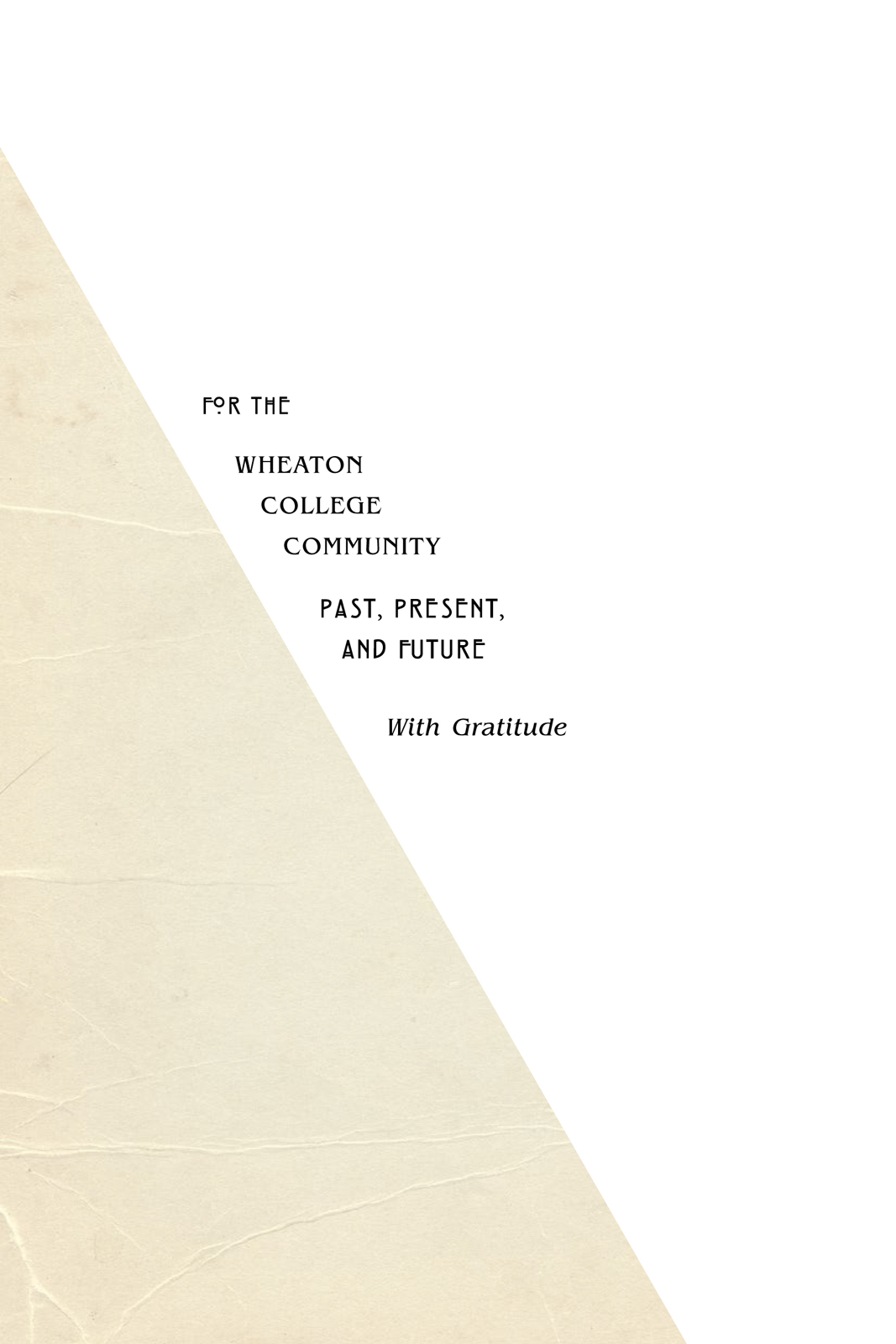THE KEN AND JEAN HANSEN LECTURESHIP
I was motivated to set up a lectureship in honor of my parents, Ken and Jean Hansen, at the Wade Center primarily because they loved Marion E. Wade. My father began working for Mr. Wade in 1946, the year I was born. He launched my father and mentored him in his business career. Often when I look at the picture of Marion Wade in the Wade Center, I give thanks to God for his beneficial influence in my family and in my life.
After Darlene and I were married in December 1967, the middle of my senior year at Wheaton College, we invited Marion and Lil Wade for dinner in our apartment. I wanted Darlene to get to know the best storyteller Ive ever heard.
When Marion Wade passed through death into the Lords presence on November 28, 1973, his last words to my father were, Remember Joshua, Ken. As Joshua was the one who followed Moses to lead Gods people, my father was the one who followed Marion Wade to lead the ServiceMaster Company.
After members of Marion Wades family and friends at ServiceMaster set up a memorial fund in honor of Marion Wade at Wheaton College, my parents initiated the renaming of Clyde Kilbys collection of papers and books from the seven British authorsC. S. Lewis, J. R. R. Tolkien, Dorothy L. Sayers, George MacDonald, G. K. Chesterton, Charles Williams, and Owen Barfieldas the Marion E. Wade Collection.
Im also motivated to name this lectureship after my parents because they loved the literature of these seven authors whose papers are now collected at the Wade Center.
While I was still in college, my father and mother took an evening course on Lewis and Tolkien with Dr. Kilby. The class was limited to nine students so that they could meet in Dr. Kilbys living room. Dr. Kilbys wife, Martha, served tea and cookies.
My parents were avid readers, collectors, and promoters of the books of the seven Wade authors, even hosting a book club in their living room led by Dr. Kilby. When they moved to Santa Barbara in 1977, they named their home Rivendell, after the beautiful house of the elf Lord Elrond, whose home served as a welcome haven to weary travelers as well as a cultural center for Middle-earth history and lore. Family and friends who stayed in their home know that their home fulfilled Tolkiens description of Rivendell:
And so at last they all came to the Last Homely House, and found its doors flung wide.... [The] house was perfect whether you liked food, or sleep, or work, or story-telling, or singing, or just sitting and thinking best, or a pleasant mixture of them all.... Their clothes were mended as well as their bruises, their tempers and their hopes.... Their plans were improved with the best advice.
Our family treasures many memories of our times at Rivendell, highlighted by storytelling. Our conversations often drew from images of the stories of Lewis, Tolkien, and the other authors. We had our own code language: That was a terrible Bridge of Khazaddm experience. That meeting felt like the Council of Elrond.
One cold February, Clyde and Martha Kilby escaped the deep freeze of Wheaton to thaw out and recover for two weeks at my parents Rivendell home in Santa Barbara. As a thank-you note, Clyde Kilby dedicated his book Images of Salvation in the Fiction of C. S. Lewis to my parents. When my parents set up our family foundation in 1985, they named the foundation Rivendell Stewards Trust. In many ways, they lived in and they lived out the stories of the seven authors. It seems fitting and proper, therefore, to name this lectureship in honor of Ken and Jean Hansen.
ESCAPE FOR PRISONERS
The purpose of the Hansen Lectureship is to provide a way of escape for prisoners. J. R. R. Tolkien writes about the positive role of escape in literature:
I have claimed that Escape is one of the main functions of fairy-stories, and since I do not disapprove of them, it is plain that I do not accept the tone of scorn or pity with which Escape is now so often used: a tone for which the uses of the word outside literary criticism give no warrant at all. In what the misusers of Escape are fond of calling Real Life, Escape is evidently as a rule very practical, and may even be heroic.
Note that Tolkien is not talking about escapism or an avoidance of reality, but rather the idea of escape as a means of providing a new view of reality, the true transcendent reality that is often screened from our view in this fallen world. He adds:
Evidently we are faced by a misuse of words, and also by a confusion of thought. Why should a man be scorned, if, finding himself in prison, he tries to get out and go home? Or if, when he cannot do so, he thinks and talks about other topics than jailers and prison-walls? The world outside has not become less real because the prisoner cannot see it. In using Escape in this [derogatory] way the [literary] critics have chosen the wrong word, and, what is more, they are confusing, not always by sincere error, the Escape of the Prisoner with the Flight of the Deserter.
I am not proposing that these lectures give us a way to escape from our responsibilities or ignore the needs of the world around us, but rather that we explore the stories of the seven authors to escape from a distorted view of reality, from a sense of hopelessness, and to awaken us to the true hope of what God desires for us and promises to do for us.
C. S. Lewis offers a similar vision for the possibility that such literature could open our eyes to a new reality:
We want to escape the illusions of perspective.... We want to see with other eyes, to imagine with other imaginations, to feel with other hearts, as well as with our own.... The man who is contented to be only himself, and therefore less a self, is in prison. My own eyes are not enough for me, I will see through those of others.... In reading great literature I become a thousand men yet remain myself.... Here as in worship, in love, in moral action, and in knowing, I transcend myself; and am never more myself than when I do.
The purpose of the Hansen Lectureship is to explore the great literature of the seven Wade authors so that we can escape from the prison of our self-centeredness and narrow, parochial perspective in order to see with other eyes, feel with other hearts, and be equipped for practical deeds in real life. As a result, we will learn new ways to experience and extend the fulfillment of our Lords mission: to proclaim freedom for the prisoners and recovery of sight for the blind, to set the oppressed free (Lk 4:18 NIV).
PENTECOSTAL FIRE
Timothy Larsens following three lectures on George MacDonald lead us in a chronological-logical sequence from joyfully celebrating the birth of the Messiah with festivities to faithfully following Jesus with fellow doubters to humbly receiving the purifying Pentecostal fire in the trials of life. I am especially enchanted by seeing the way that MacDonalds myth of the mystical fire of roses is an image of his own experience of the refining fire of the Spirit. When Dr. Larsen reflects on the meaning of the rosefire at the end of his last lecture, he quotes the last lines of T. S. Eliots

